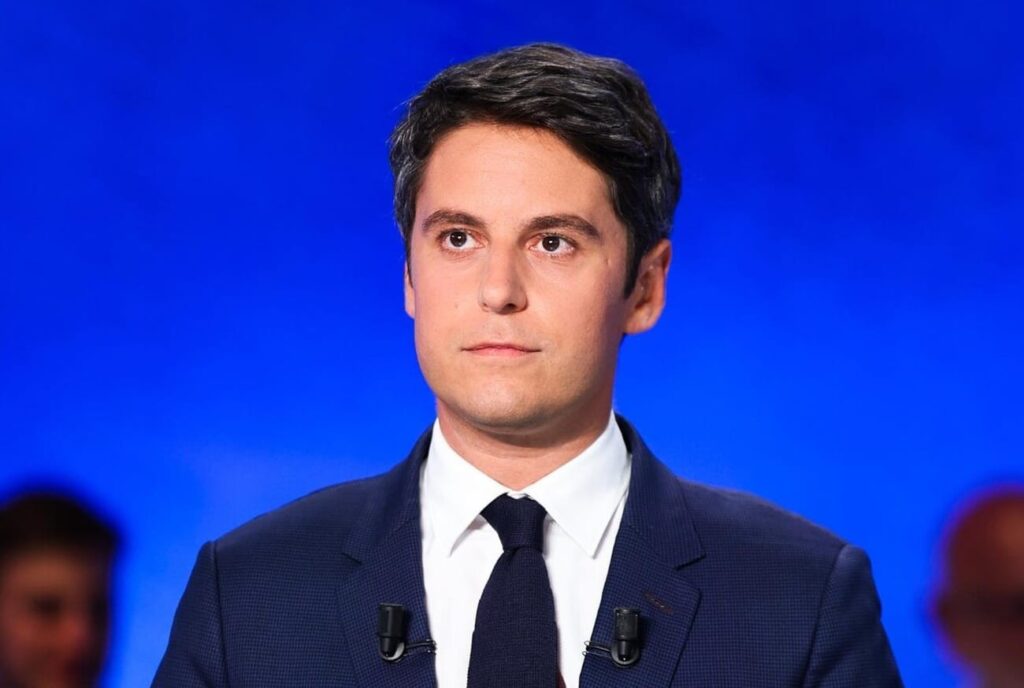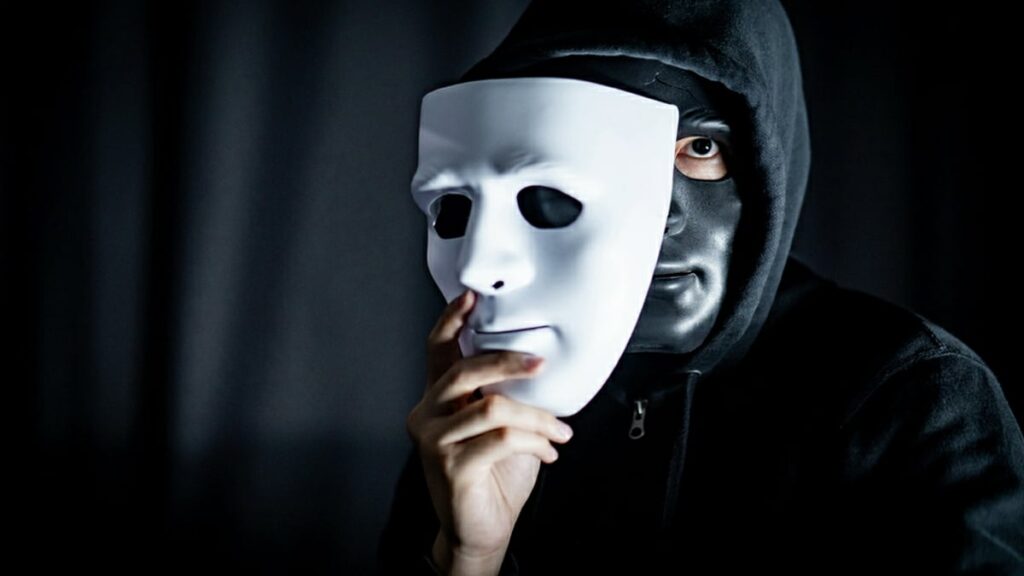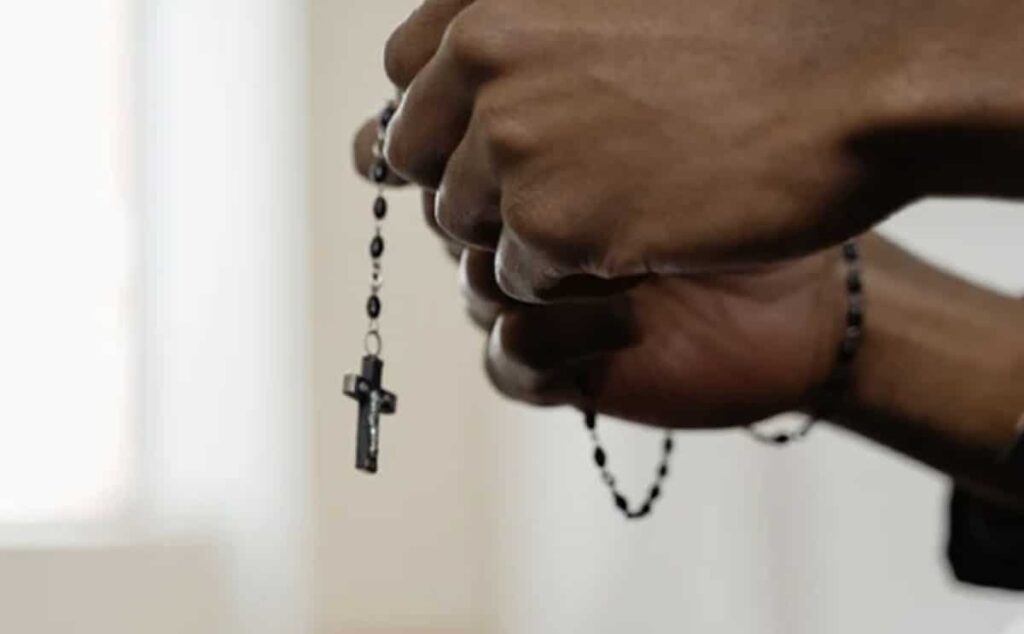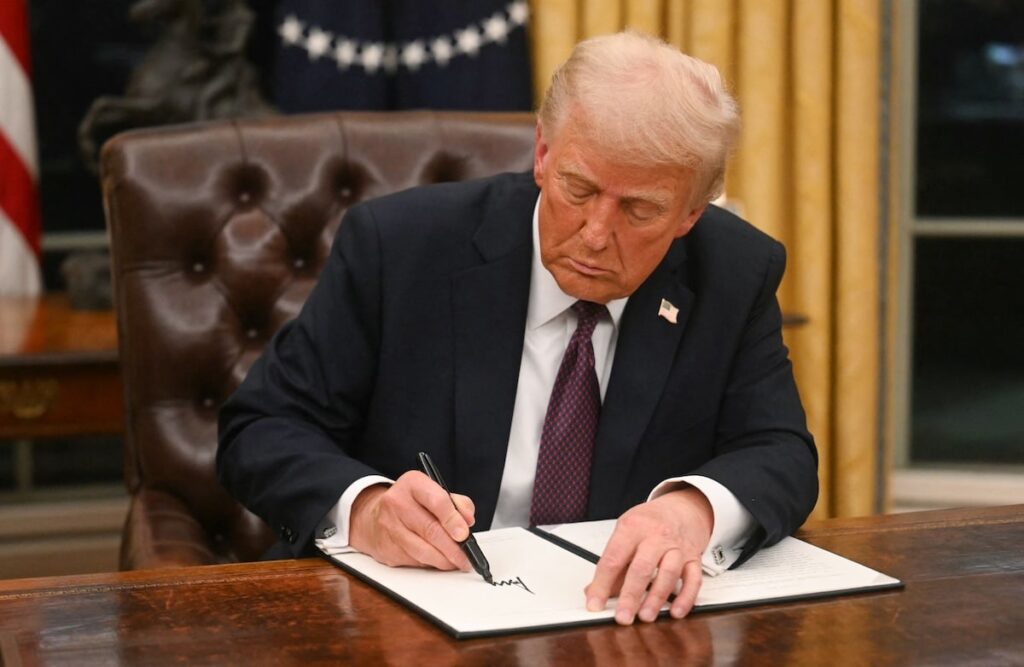As social media continues to attract more users, a deputy and a child psychiatrist are waging a determined battle against screen addiction.
Gabriel Attal’s Solutions to Combat Screen Addiction
The battle is on. Determined to curb cyberbullying and the harmful effects of social media and screens on the youth, Deputy Gabriel Attal has authored an op-ed in Le Figaro. Titled “To Save Our Youth, Let’s Tackle Screens”, it is co-written with child psychiatrist Marcel Rufo. Their aim is to provide solutions to guardians of the young ones to help them detach from their smartphones.
🇫🇷🗞 OP-ED – “We must prohibit access to social media for those under 15 years old”
— “We must declare a state of emergency against screens,” argue @GabrielAttal and Marcel Rufo, child psychiatrist, in their op-ed for Le Figaro ↴https://t.co/4WFYiAAoYz pic.twitter.com/MDqA7eQ1pg
— Gabriel Attal Actu (Fan Account) (@GAttalActu) April 29, 2025
Among these solutions is the prohibition of social media for minors under 15. “Just like we imposed age verification for pornographic websites, we must do the same for social media,” they propose. For older users, they advocate strictly monitored screen time and suggest limiting access to social media to one hour per day.
The “digital curfew” is a key argument of this op-ed. It would entail a ban on access to platforms like TikTok and Instagram for 15 to 18-year-olds between 10 PM and 8 AM. This proposition is likely to frustrate the very demographic both men aim to detoxify. They highlight the detrimental effects of screen time on their development, educational performance, and even their sleep. In fact, they fear that the youth may soon “spend more time in front of screens than in school” and continue to push back bedtime to consume more content.
“Screens and Their Content Will Kill Our Youth”
Another proposed solution is the use of black-and-white screens. This strategy is endorsed by technology content creator Léo Duff, who claims to have reduced his screen time due to the lack of color perception. “Color images trigger dopamine generation and create addiction, while black-and-white images help avoid it,” explain Gabriel Attal and Marcel Rufo.
The creation of an “addict score”, aimed similarly to the Nutri-score. This would be tagged on each app to indicate its level of danger and alert users. Additionally, the two men propose a screening campaign that would take the form of a visit to a local doctor or a session with a school nurse, similar to the M’T dents program.
Lastly, Gabriel Attal insists that the perpetrators of screen addiction must pay a price. “Addiction should have a cost for the platforms. Tobacco and alcohol are heavily taxed, but we ask nothing from digital platforms,” he argues. He proposes that the state impose a 2% tax on revenue generated in France, which would be allocated to research and mental health support for the youth. Should platforms refuse to cooperate, they would face penalties, akin to Albania’s actions where TikTok was banned for a year following the death of a 14-year-old tied to a social media conflict.
In this op-ed, both the deputy and the child psychiatrist adopt an intentionally alarmist tone. They believe that “the stakes are immense” and that measures must be taken promptly to avoid putting democracy “at risk.” “If we do nothing, screens and their content will slowly kill our youth and ultimately our entire society,” they conclude.







